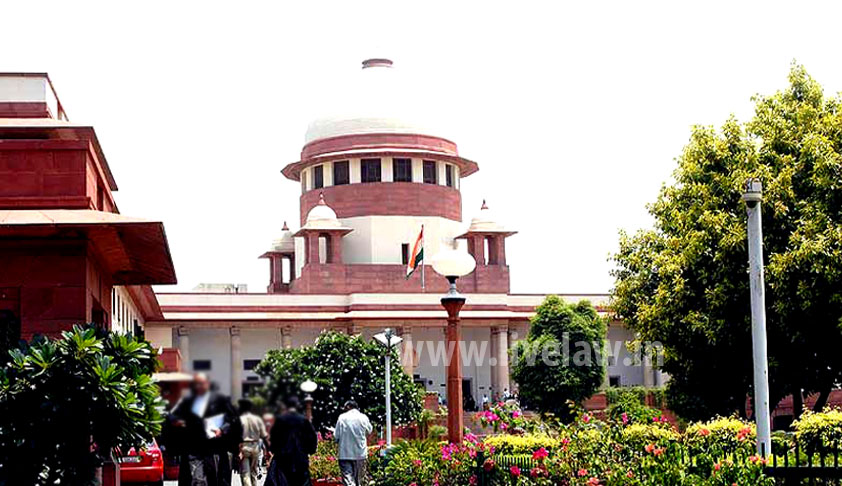SC agrees to divide sanctioned strength of judges between AP and Telangana High Court in ratio of 60:40
Apoorva Mandhani
4 April 2015 8:11 AM IST

Next Story
4 April 2015 8:11 AM IST
The Hyderabad High Court has been informed by the Union Law Ministry that the Supreme Court has agreed to divide the current sanctioned strength of 49 judges between AP and Telangana High Courts in the ratio of 60:40. The information was supplied in the form of an affidavit filed before the Hyderabad High Court, while hearing a petition filed by T. Dhangopal Rao of Hyderabad, questioning...
